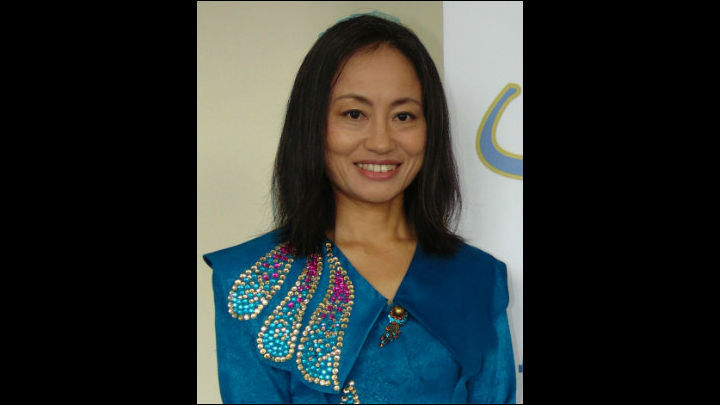Planet 50-50 by 2030: Step it up for Gender Equality
With the next local council elections scheduled for early 2017, we must ask ourselves: how can we ‘Step it up for Gender Equality’ in Maldives? What policy actions, legislations and initiatives should we undertake to encourage more females to come out to contest and get their voices heard?

08 Mar 2016, 09:00
This is the 2016 theme for the International Women’s Day celebrated throughout the world on 8th of March. On this day I ask the Government, non-governmental organizations, private sector, and men and women of the Maldives to take bigger strides towards closing the gender equality gap.
This message is more pressing than ever for the Maldives. While the country has achieved gender parity in primary and secondary education, women are still underrepresented in senior management posts in the government and private sector. When I sit in formal meetings, often my counterparts at the senior level are mostly men. Women’s unemployment rate of 39 per cent is twice that of the rate of men (19 per cent), with more than one-fifth citing household chores as the main reason. Currently, only 64 out of 1095 local councilors are female. This reflects only 6 per cent of the whole population, half of which are women.
While the national averages present a worrying picture, through my interaction with communities, I have witnessed the critical role women play in the political and social activities at the grassroots level. Many of them have been influential mediators in resolving community-level conflicts, which range from family matters to community level decision making. However, innovative initiatives and contribution of women go often unacknowledged due to cultural and structural inequalities that they face.
In politics, women are acknowledged as strong campaign managers but rarely championed as strong candidates. The gender-segregated data for candidates show female-to-male ratio of 222:2754, again only a mere 8 per cent.
Become a member
Get full access to our archive and personalise your experience.
Already a member?
Discussion
No comments yet. Be the first to share your thoughts!
No comments yet. Be the first to join the conversation!
Join the Conversation
Sign in to share your thoughts under an alias and take part in the discussion. Independent journalism thrives on open, respectful debate — your voice matters.




